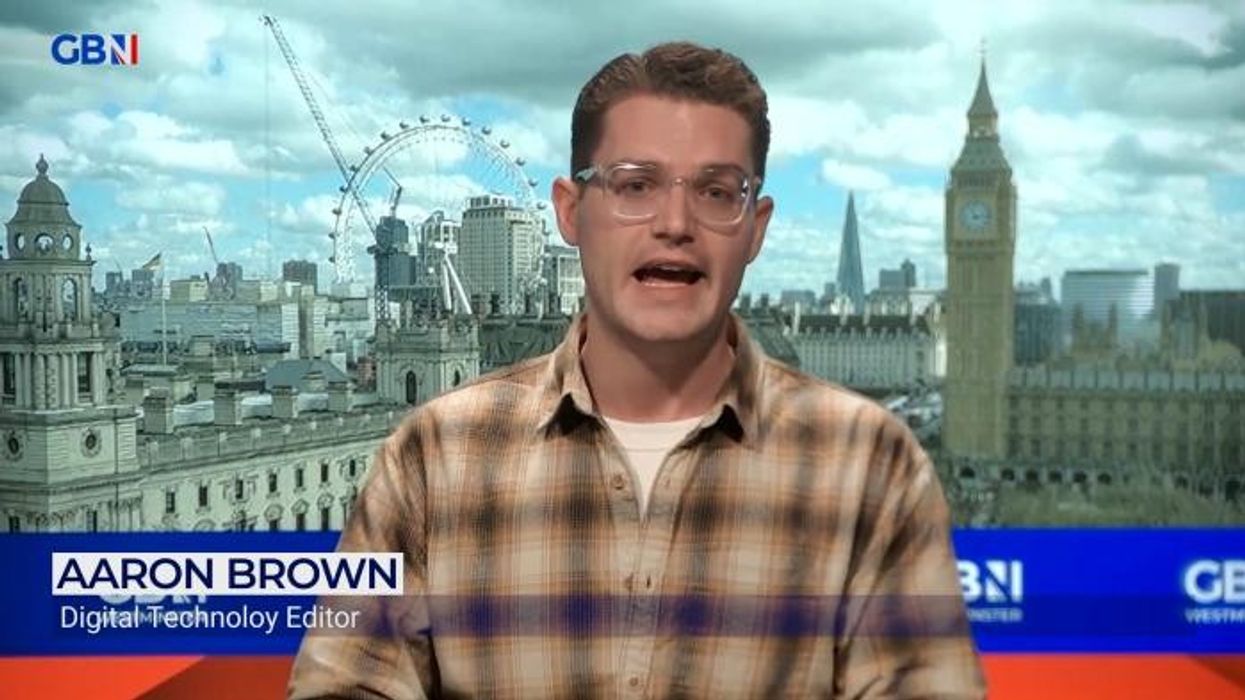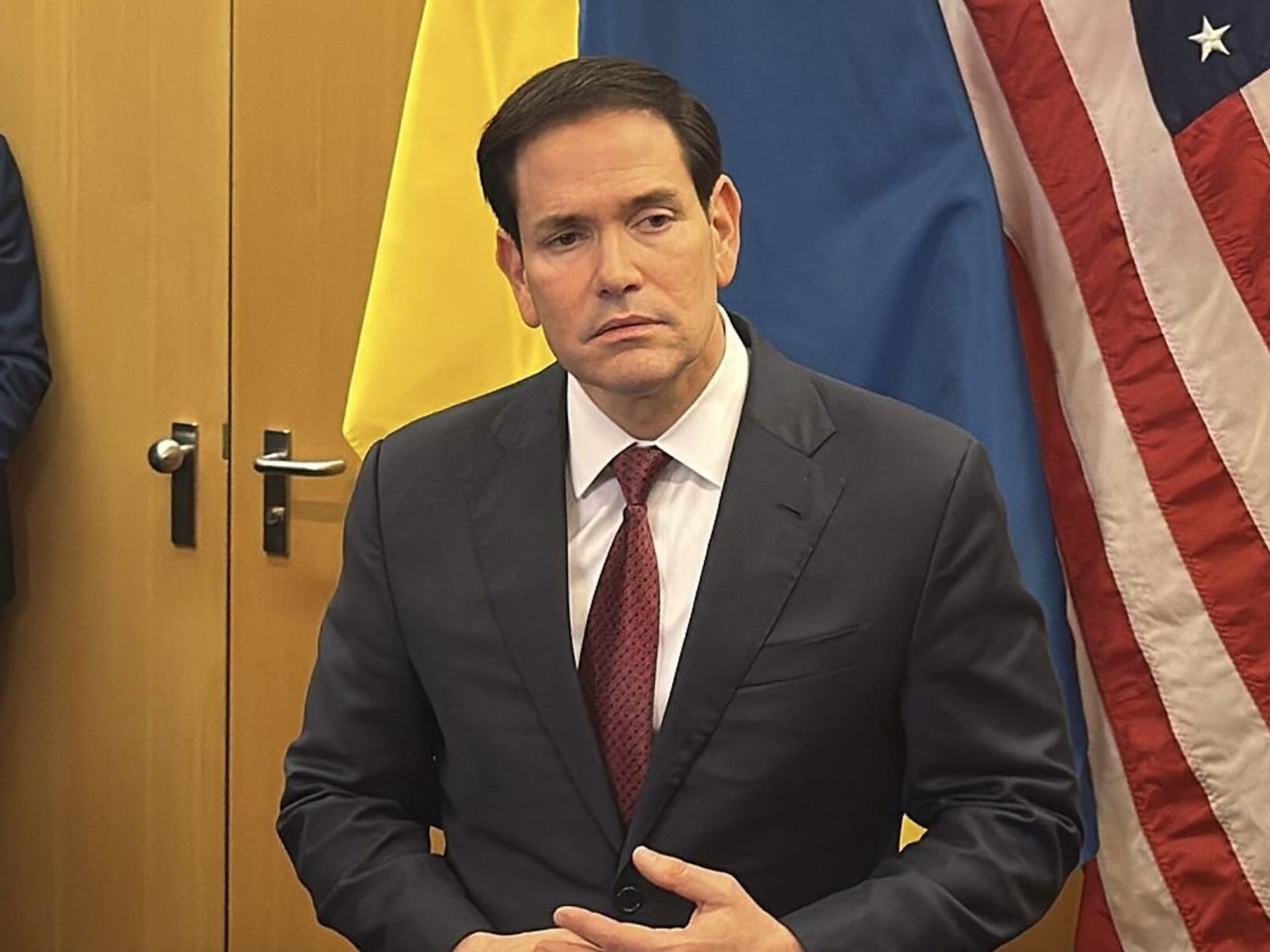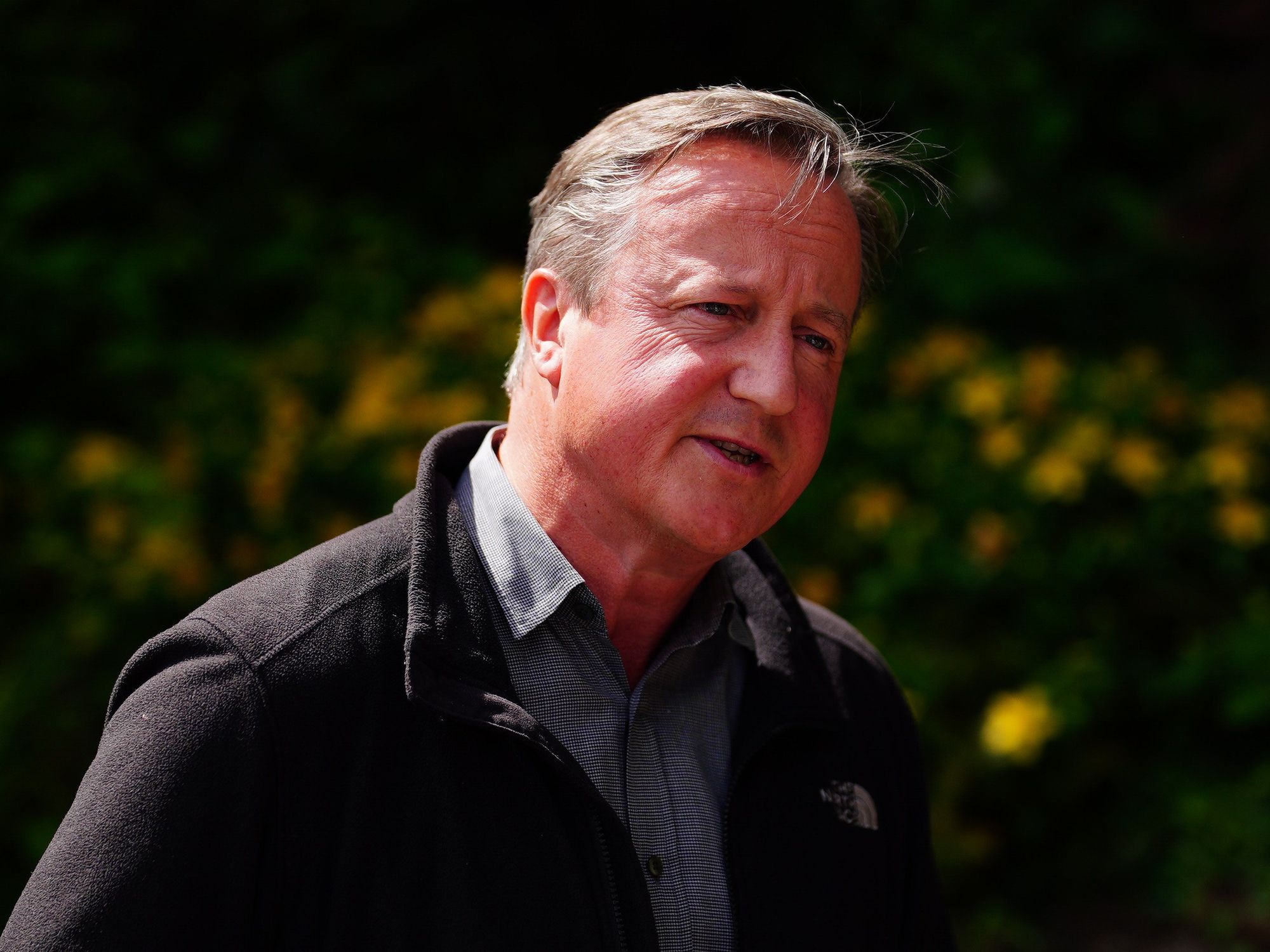Vodafone's £16.5bn Three 'mega-merger' won't send prices surging despite £300 warning

Stuart McIntosh, who led the CMA's investigation, said the merger was 'likely to boost competition' in the mobile sector
Don't Miss
Most Read
Latest
Vodafone and Three have secured regulatory approval for their £16.5billion merger, creating Britain's largest mobile network operator with 27 million customers.
The Competition and Markets Authority (CMA) has given the green light to the deal, subject to specific conditions including investment commitments and price caps.
Stuart McIntosh, who led the CMA's investigation, said the merger was "likely to boost competition" in the mobile sector.
Vodafone's chief executive Margherita Della Valle has moved to reassure customers about pricing, telling the BBC that the deal would be "self-funded" with "no extra costs from public funding and no extra cost for our customers".
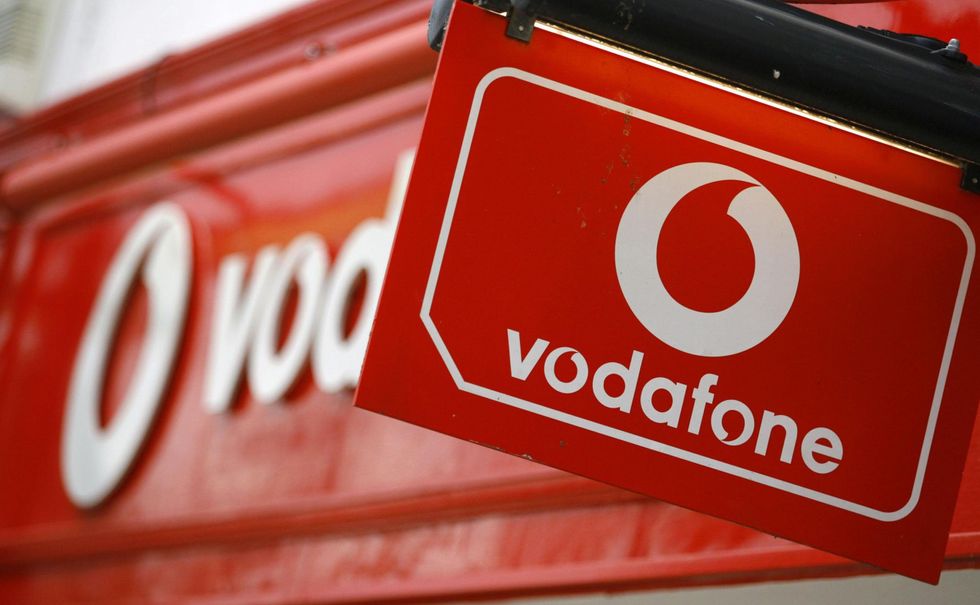
Vodafone
|PA
The landmark agreement comes after regulators previously expressed concerns about potential price increases for consumers.
The CMA has mandated legally binding commitments from both companies to invest in the UK's mobile network infrastructure over an eight-year period.
Selected mobile tariffs and data plans will be subject to price caps for three years to protect customers from immediate price increases.
The specific details of which price plans will be protected have not yet been published in the CMA's full report.
LATEST DEVELOPMENTS:A Vodafone spokesman told said that more information about the affected tariffs would be available "in the coming days."
The regulatory conditions come amid growing concerns about rising costs of mobile phone contracts and the slow deployment of 5G networks across the UK.
The merger's approval marks a significant shift in the regulator's stance, following earlier worries about potential market impact.
Industry analysts have welcomed the merger while emphasising the need to monitor its long-term impact.
"This mega-merger marks one of the most significant moments in the history of UK mobile," said Kester Mann from CCS Insight.
Mann added that the deal appeared to "largely strike a good balance between nurturing competition and encouraging investment".
Industry analyst Paolo Pescatore struck a more cautious tone, describing it as a "waiting game" in terms of assessing the merger's impact.
"The bottom line is it will take many years before the full merits of the deal are realised, and there's a lot of tough decisions to come," Pescatore said.
He noted that while both parties must now "deliver on their promises", the deal should bring "much needed investment in the network and for consumers in the form of better services".
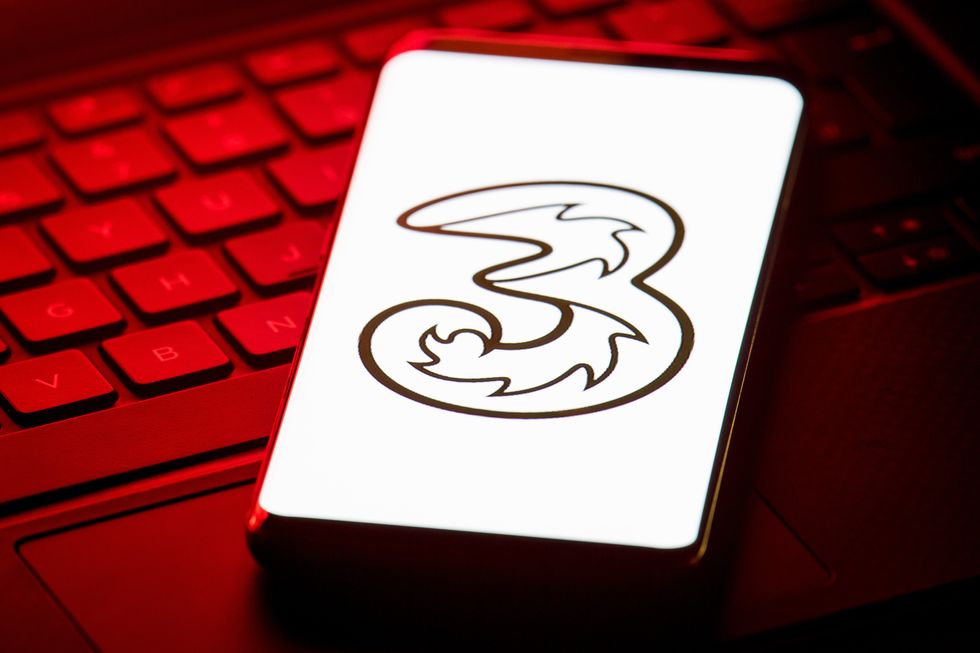
Three logo
|PA
The merger continues a trend of consolidation in the UK mobile market over recent years.
In 2010, Orange and T-Mobile combined to form EE, which was later acquired by BT in 2016.
More recently, the CMA approved a £31billion merger between Virgin Media and O2 in 2021.
These previous mergers led to significant job losses, with EE cutting 1,200 roles following the Orange and T-Mobile merger, and a further 550 jobs the following year.
While Vodafone and Three have promised their merger will create thousands of new jobs, Unite union has expressed concerns.
The union has warned the deal could potentially increase customers' bills by £300 annually and result in "up to 1,600 jobs" being lost.


